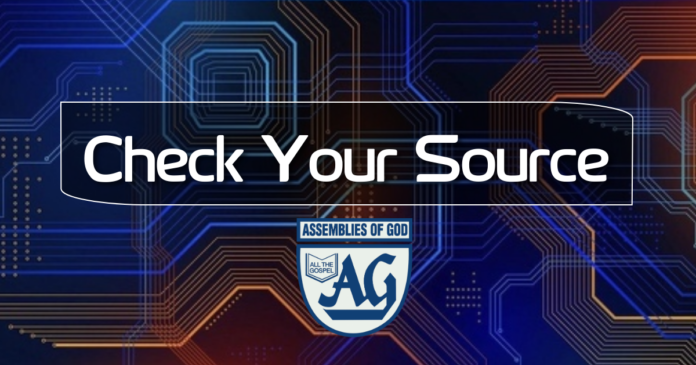2021 is the first year under what many call “The New Normal”. With the lockdowns and various restrictions, we have experienced, one characteristic of this New Normal has been the significant dependence on Digital Platforms, particularly social media.
Facebook is one if not the biggest social media platforms in the world and each year they would review the statistics of each country in terms of use. It was reported that the Philippines hold the top spot in terms of time connected to social media. The study shows that Filipinos spend an average of around 4 hours a day in terms of use. It only comes to show how social media, particularly Facebook has been an integral part of the normal Filipino’s day. It’s a source of entertainment, news and in the context of the church in the present circumstance, this has been the most popular platform where church services have migrated to.
For all of its upsides, Social Media may too become a stumbling block for many. One downside is that is littered with false information that misleads and misinforms. The scary part about this is its written in a way that it seems matter of fact. Now this is definitely something that we must take seriously, especially if you are considering Facebook as a platform for the ministry. As ministers we hold a very big responsibility in the information we choose to share, especially if you have a digital crowd waiting on your every post. Always remember, misinformed followers follow a misinformed leader. This is why we should always take what we see on any digital platform with a grain of salt and with the right filters; it is not only a wise practice but a responsible thing to do.
Here are some of the ways you can check your sources:
1.) Checking the domain name: If the content in question leads to a website, a way to identify its credibility is by checking the last 3 letters at the end of the website, or the domain name as it is called. Generally, websites that end in .edu and .gov websites are credible BUT be aware of sites that may use these suffixes to mislead. Aside from the article itself, try to find out more about the website that posted the article. By factoring its purpose and agenda, you could determine its credibility before deeming it as a reliable source. This leads us to the 2nd point,
2.) Take a closer look at the source: does the article or content include the background of the author? Did it present or cite its sources or are their opinions the only thing that is holding the content together? Opinions without facts backing them up are empty. Additionally, it is important to check the date or the publication for you to validate that the data the content is derived from is not obsolete.
3.) Don’t Trust Your First Source: Always try to find related and reliable studies or sources that backs up the initial content you read. Especially if the news is big, then there will be other sources that would report or write on it as well.
Taking the extra time to do background checks and additional investigation goes a long way especially in this day and age where there is just so much information that is easily accessible to us. And remember that when in doubt, always go back to God’s Word. The Bible never contradicts itself and if whatever you find in the internet goes directly against what is written in God’s Word- that’s already a big red flag. Be vigilant, be responsible and be grounded on God’s word as your source for anything you may put up on social media and beyond.



















